The Legal Governance Of Non-Fungible Tokens- Analysing Which Field Of Law Should Govern Nfts
IP and Legal Filings
DECEMBER 25, 2022
The next phase of blockchain technology is focussed on bringing such scarcity and uniqueness to the internet, allowing for the ownership and collection of unique digital assets. The question that arises with the development of such technology is regarding the legal governance of the same. Licensing and ownership: What’s the catch?

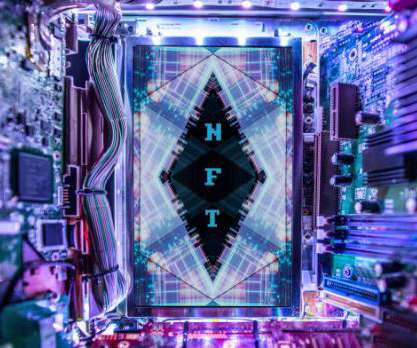
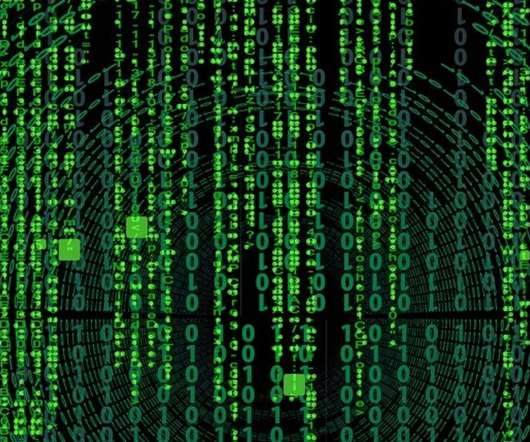
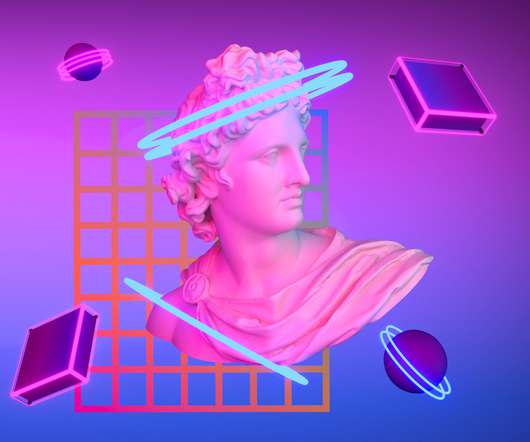
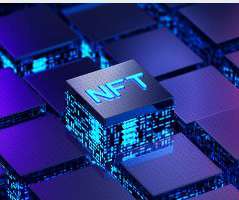
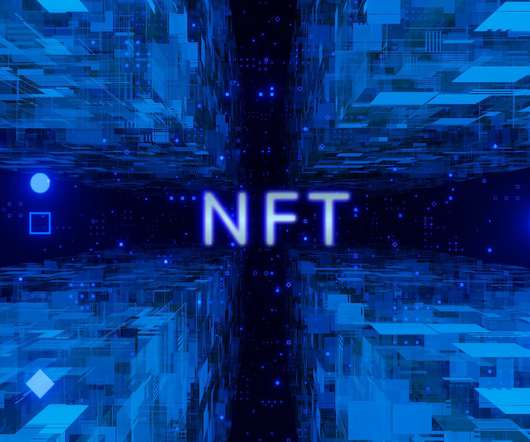
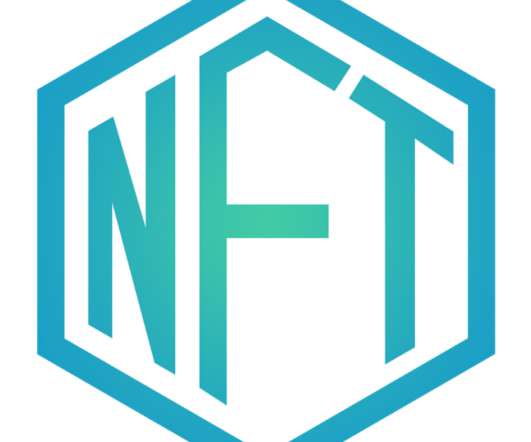






Let's personalize your content